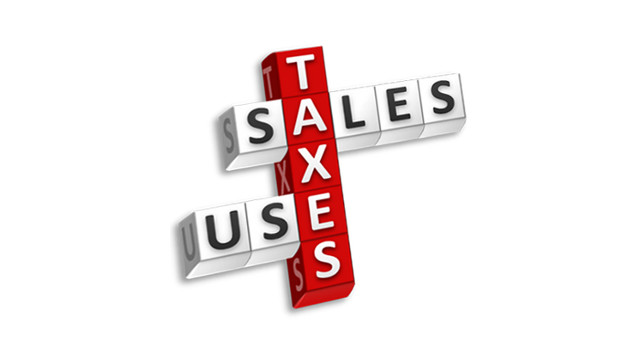Twenty states will forgo more than $1 billion in revenue this year to enact a variety of sales tax holidays that ultimately offer poorly targeted benefits and undermine funding for public services, a new brief from the Institute on Taxation and Economic Policy (ITEP) finds. ITEP’s updated sales tax holiday research brief, Sales Tax Holidays: An Ineffective Alternative to Real Sales Tax Reform, highlights the flaws of this misguided policy approach.
Lawmakers are increasingly turning to sales tax holidays with unprecedented scope and duration. For example, Florida added five tax-free holidays, ranging from tools for home improvement projects to Energy Star appliances, that will cost the state roughly $630 million this year. In 2022, sales taxes holidays are also available for hunting season in Mississippi, small businesses in New Mexico, and National Guard members and their families in Nevada.
“In a year of record revenue surpluses, state lawmakers had an opportunity to enact meaningful reforms for their residents. Instead, they doubled down on flashy but ineffective holidays that do very little to improve either state tax systems or families’ financial security,” said Marco Guzman, a state policy analyst at ITEP.
Sales tax holidays are accompanied by problems like:
- Poorly targeted approaches. Wealthier taxpayers can receive the same benefit and have more flexibility to shift the timing of their purchases to take advantage of these tax breaks. Also, sales tax holidays aren’t limited to state residents or local businesses, as online retailers in other states are included.
- Cuts to state and local revenue. The cost of sales tax holidays nearly doubled in 2022 from an estimated $550 million just a year ago. Revenue lost through sales tax holidays will ultimately have to be made up elsewhere, either through budget cuts or increases to other taxes.
- Retailer exploitation. Retailers can increase their prices or water down their sales promotions during a tax holiday. One study of retailers’ behavior during a sales tax holiday in Florida found that retailers reclaimed up to 20 percent of the price cut consumers thought they were receiving from the state’s sales tax holiday.
Combined with the recent trend of states approving gas tax holidays, lawmakers continue to use these policy measures as a substitute for more meaningful, permanent reform while weakening states’ ability to invest in crucial priorities like infrastructure and education.
Thanks for reading CPA Practice Advisor!
Subscribe Already registered? Log In
Need more information? Read the FAQs
Tags: Benefits




